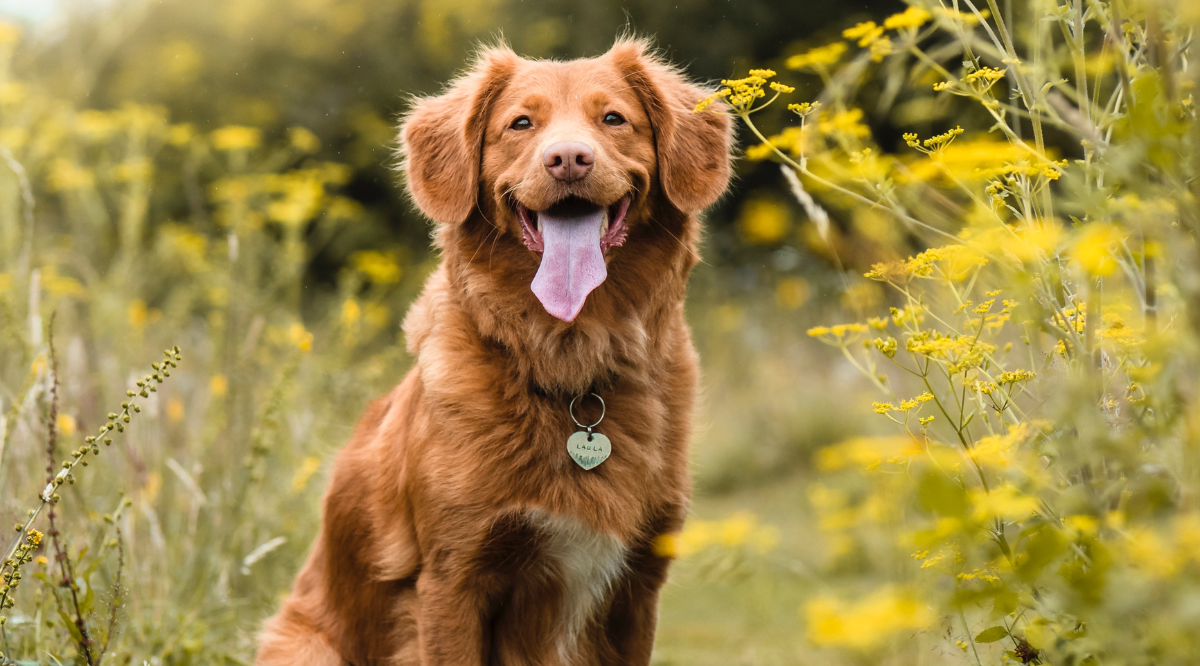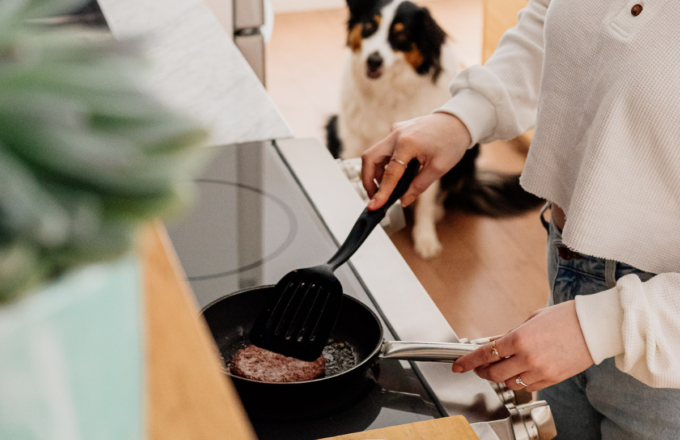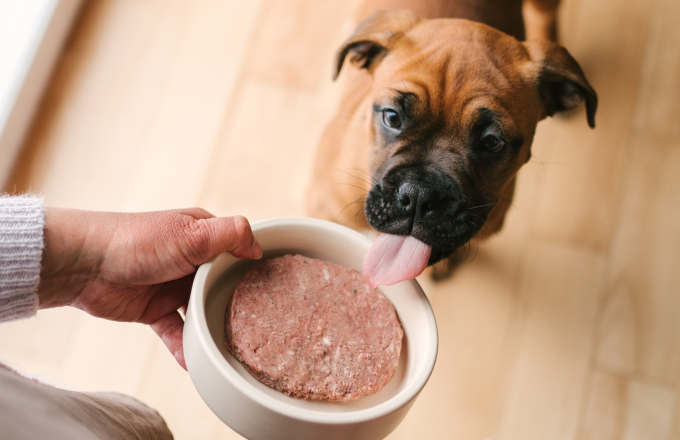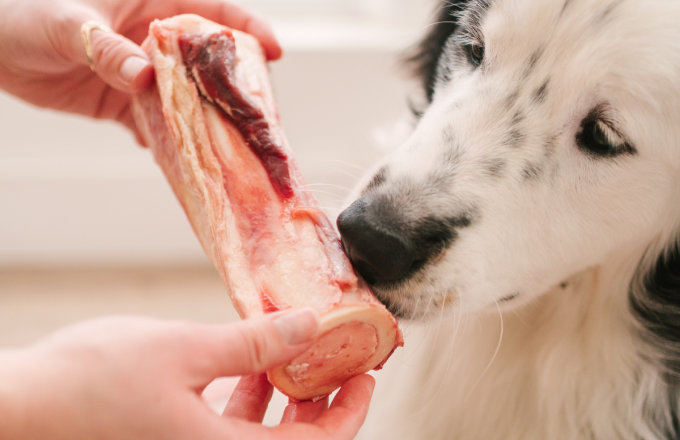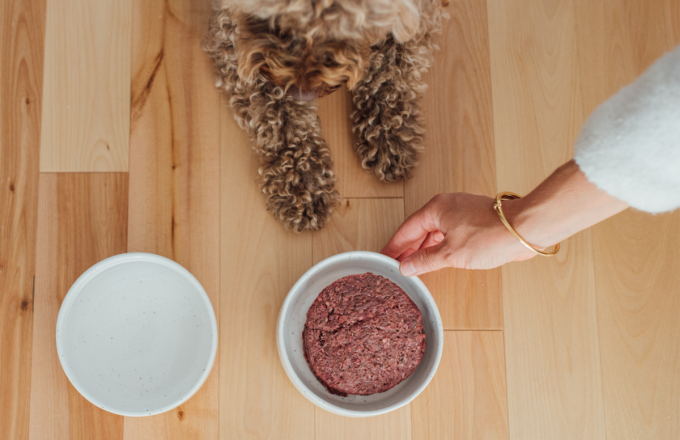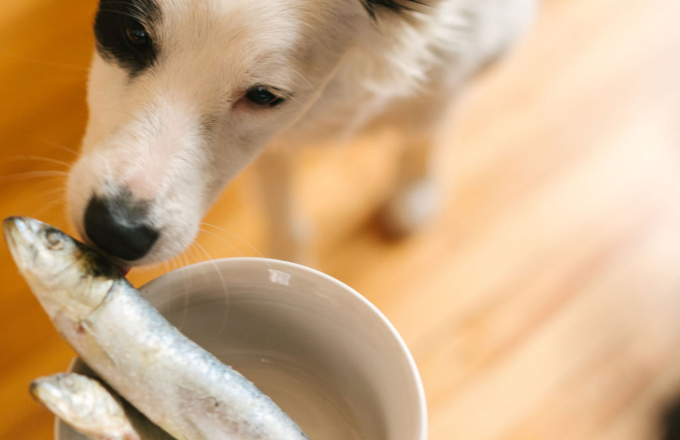Allergy season: 5 tricks to relieve your dog
Atchoum! Do itchy eyes and a runny nose in the spring mean anything to you? Well, these affect your furry friends too! Dogs can suffer from seasonal allergies. Because dogs are sensitive to environmental allergens, humans often misdiagnose or ignore their symptoms. These tips will help you make this season more enjoyable for your canine companion.
Symptoms of seasonal allergies in dogs
Signs of seasonal allergies are often ignored because they’re not necessarily worrisome. However, if you pay close attention, you’ll notice that your dog is uncomfortable. Be on the lookout for the following symptoms:
- Red eyes
- Swollen eyes
- Runny nose
- Sneezing
- Frequent scratching
- Excessive paw biting
- Oily or scaly skin
Pollen, grass, weeds, and fungi are generally responsible for allergies.
Help your dog manage their seasonal allergies
Transition to raw food
Recent research has revealed that a puppy fed kibble is 182% more likely to develop skin allergies in adulthood than a puppy who’s fed raw food. That’s because fresh food contains bacteria that helps boost your dog’s immune system and keep them healthy.
If your pup isn’t eating raw food, it’s not too late to make the transition. This will allow them to reap the benefits of a raw diet and ease their reaction to allergens.
Discover Our Hypoallergenic Recipe
Schedule more baths
While it’s important to be cognisant of your dog’s coat, baths can help remove allergens from the coat, thus soothing the skin. Dogs with allergies may benefit from bathing as often as twice a week using a mild shampoo, or even rinsing daily. If this number seems high, opt for once a week or once every two weeks during allergy season.
Consider an antihistamine
Just like us humans, an antihistamine can help your dog during allergy season. It’s important to talk to your veterinarian to see if it’s a good idea to incorporate this medication into your dog’s routine. Above all, your vet will recommend an antihistamine that’s suitable for your pet. Don’t simply share yours with them.
Limit your time outdoors
We know that it’s not an easy ask for a dog owner, especially for certain breeds. However, limiting your dog’s time spent outdoors on days where the pollen levels are high will help relieve their allergy symptoms.
Use a soap with soothing ingredients
If you choose to bathe your furry pal more often, it’s a good idea to use a milder soap. Pay attention to the ingredients in your dog’s soap. Opt for a soap with one or more of the following ingredients: oatmeal, aloe, coconut oil, and manuka honey. These components are known to soothe the skin and could significantly reduce your dog’s itching.
These tips will help ease your dog’s seasonal allergies. If in doubt about your pet’s symptoms, consult a holistic veterinarian who will make the correct diagnosis and guide you towards the most appropriate treatment.

